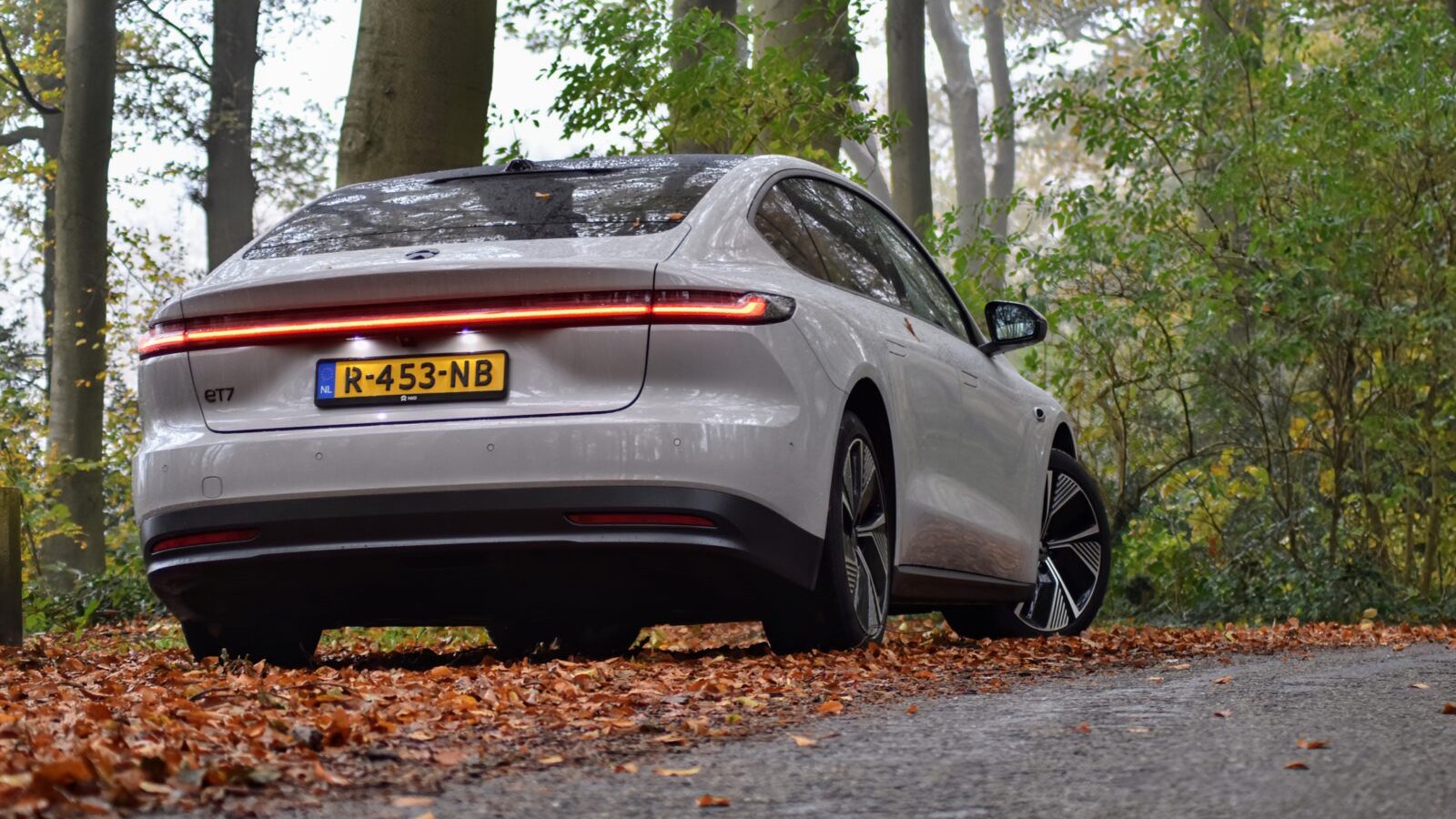Yes, the EU has found a new cumbersome method to be relevant, but this special car law also has advantages.
When it comes to cars you can get here, a lot is determined by the EU. You know, the European Union. The interests of all European countries (at least the participating European countries) are represented. So in 9 out of 10 cases it results in a compromise that no one is enthusiastic about. Sometimes they do cool things, like requiring Apple to use USB-C connectors for the iPhones, so everything is the same.
When it comes to cars, they often miss the mark quite a bit. Think of the George Orwell-esque trackers that are mandatory in every car, the increasingly stringent emission requirements and extremely high safety requirements. But now there is one added, specifically for electric cars: passports. These will be mandatory from 2027, according to a quality publication Coach.
Special car law
Now we can also be critical about this, but it is actually quite a useful measure. You can request the passport using the chassis number (VIN) or with a QR code. The passport contains some very interesting things. First of all, you can see what your battery is made of. You can see where your battery was made and what raw materials were used and contained.

A second aspect is that with the battery passport you can see what the capacity of the battery is. For example, there is a difference between net and gross capacity. In addition, a battery also degrades, it becomes less and less. With the passport you can see exactly where you stand. That may not be directly relevant for the first owner, but certainly interesting if you are going to buy an electric used car.
Regulations
The battery passport is part of comprehensive regulations in the field of batteries. For example, manufacturers are obliged to report the CO2 emissions of the battery, even before it has been driven a kilometer. The EU does this because it is currently not clear which raw materials were used, how much total emissions were for production or where the batteries were made. Suppliers to car manufacturers sometimes want to change their own supplier. According to the EU, this sometimes happens up to 4 times a year.
This seems to occur particularly among manufacturers in the mid-range segment, who have to compete much more on price. Now it is not the case that everyone can see the same thing on the battery passport. This way, manufacturers can see everything, but consumers only see the data that is relevant to them. The car dismantling company, on the other hand, can only see which materials have been used and how the battery can best be scrapped or recycled.
Photo credits: Nio ET7 on Dutch records by @robertvh via Autoblog Spots!
This article European Union comes up with the following special car law first appeared on Autoblog.nl.
#European #Union #special #car #law